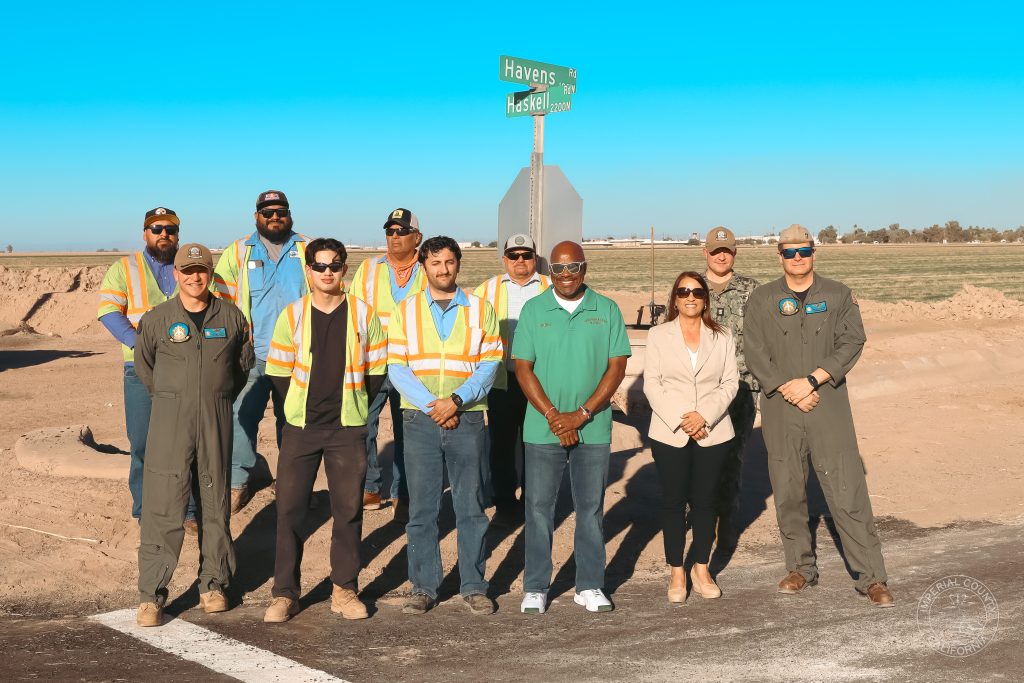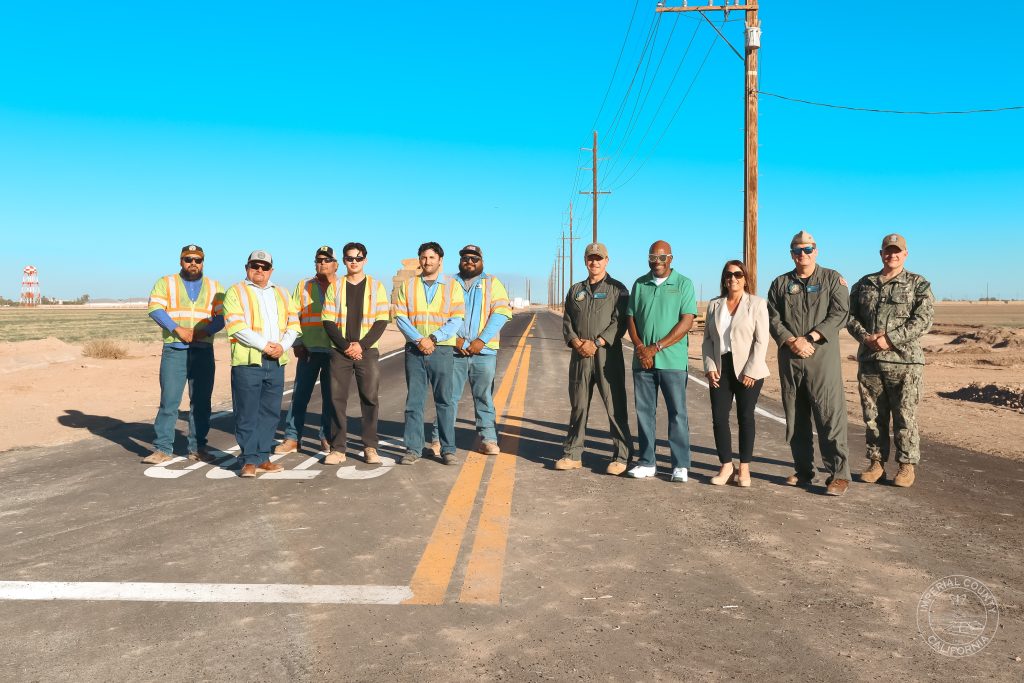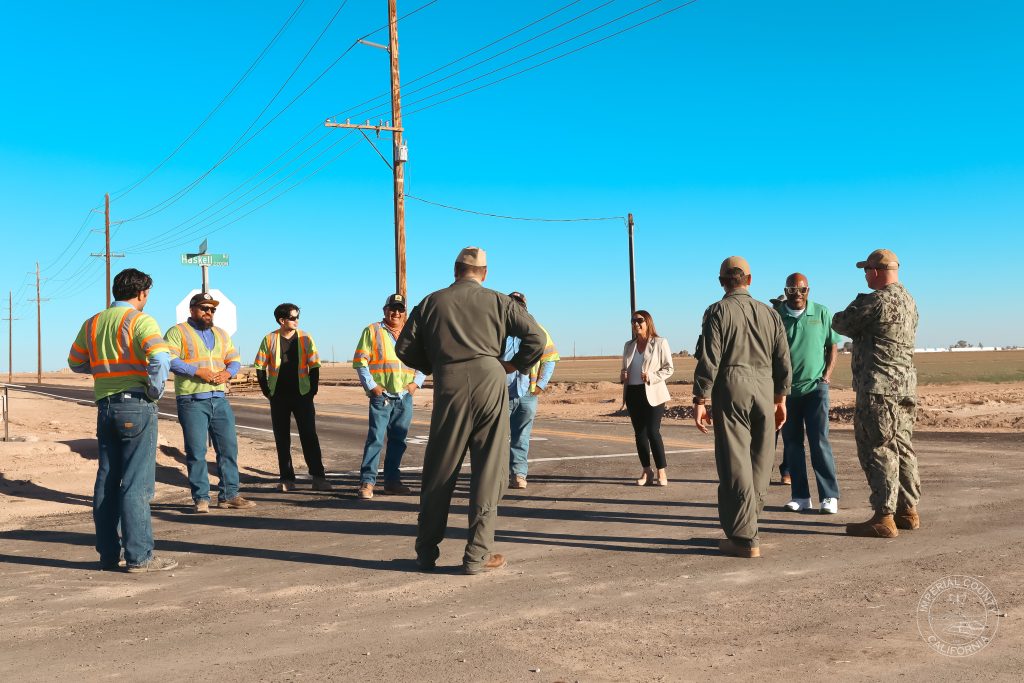Imperial County, CA – Imperial County is pleased to announce the appointment of Carlos J. Lopez as Deputy Chief Executive Officer of Economic Development within the Imperial County Executive Office. In this role, Lopez will lead and advance countywide economic development initiatives focused on business attraction, workforce development, job creation, and long-term economic growth.
Lopez brings more than 20 years of experience in workforce and economic development, with a proven track record of building strong partnerships with local businesses, regional agencies, and state and federal partners. Most recently, he served as Business Services Supervisor with the Imperial County Workforce & Economic Development Department, a position he has held since 2017.
During his tenure, Lopez led business engagement strategies supporting more than 150 local employers annually and collaborated with regional partners such as the Imperial Valley Economic Development Corporation (IVEDC), Imperial Valley Regional Occupational Program (IVROP), and local Chambers of Commerce. His efforts helped attract new employers to Imperial County and supported the creation of more than 150 new jobs through incentive programs and workforce training initiatives.
Lopez also played a key role in assisting more than 100 small businesses in securing relief funding during economic recovery efforts, helping retain jobs and stabilize the local economy. He has coordinated large-scale hiring events across multiple industries, overseen the day-to-day operations of the Business Development Center, and ensured compliance with state, local, and federal workforce programs, including WIOA.
Prior to his role as Business Services Supervisor, Lopez served as a Case Manager with the Imperial County Workforce Development Office from 2009 to 2017, where he managed complex workforce programs, prepared audit reports, and supported recruitment and training activities. Earlier in his career, he served as Admissions Manager for the San Diego Job Corps Center, overseeing outreach, enrollment, and federal program operations in the Imperial Valley.
“Carlos has been a trusted leader and a driving force behind many of our economic and workforce development successes,” said Dr. K, Chief Executive Officer for Imperial County. “His deep understanding of our local economy, strong relationships with the business community, and commitment to creating opportunities for Imperial County residents make him the ideal choice to serve as Deputy CEO of Economic Development. We are confident his leadership will continue to move our county forward.”
Lopez holds a Bachelor of Science in Psychology from San Diego State University and an Associate of Science in Psychology from Imperial Valley College. He is a graduate of Central Union High School and has dedicated his career to public service and economic advancement in Imperial County.
Lopez also acknowledged the unconditional support of his wife, Ingrid Lopez, along with the support of his family and children, who continue to be the driving force behind his work and commitment to public service.
As Deputy CEO of Economic Development, Lopez will work closely with county leadership, regional partners, and the business community to strengthen Imperial County’s economic competitiveness, support workforce innovation, and foster sustainable growth.













